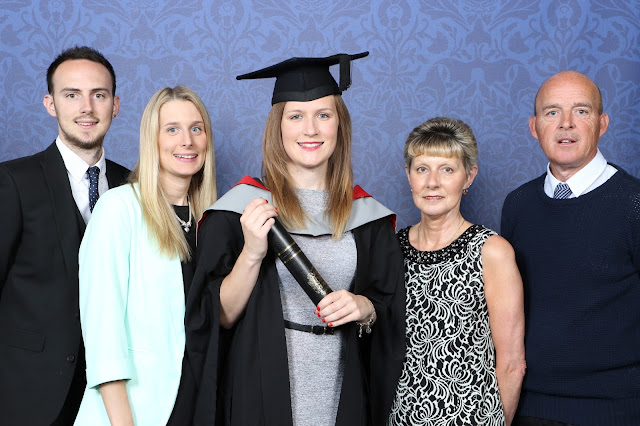
February is National Heart Month and as Cardiovascular Disease (CVD) is the leading cause of death, awareness of exercise for heart health is essential.
CVD causes one in three deaths every year, and includes angina, coronary heart disease, congenital heart disease, heart attack, and stroke.
A build-up of fatty deposits in the coronary arteries causes them to narrow and leads to many complications, such as angina.
However, when a fatty deposit breaks away from the artery wall it can form a clot that could lead to cutting off the blood supply to the heart, resulting in a heart attack, or the brain, leading to a stroke.
There are multiple risk factors that can lead to heart conditions and CVD, such as high blood pressure, being overweight or obese, smoking, diabetes, high cholesterol, and emotional health issues.
Keeping active is important to maintain heart health, with simply 30 minutes of exercise a day or 75 minutes of vigorous exercise a week making a difference.
Physical activity includes anything that gets you moving - even climbing the stairs, going for a walk, or playing sports. You can even do stretches whilst watching TV. The best exercises for a healthy heart include:
Circuit training
This is seen as the best way to improve cardiovascular fitness, as high intensity workouts pump blood a lot harder, which is more challenging for the heart. It stretches arteries and improves the elasticity for improved fitness. Minimal rest periods provide maximum results.
Swimming
The whole body is used during swimming and nearly all of your muscles, without harsh impact on the skeletal system, therefore it is a good all-round activity to improve fitness and health.
Swimming keeps your heart rate up whilst taking impact stress off your body, also building endurance, muscle strength and cardiovascular fitness.Further benefits include maintaining a healthy weight, heart and lungs, whilst improving bone strength.
Yoga
This offers a different method of slowly increasing your heart rate instead of pushing your heart rate up and down rapidly - this is good for general health. There are varying styles of yoga suitable for beginners through to those who are more advanced, to provide the most beneficial level of activity for the individual's body.
Strength training
This builds muscle mass and burns fat, but is beneficial for bone and heart health. Strength training also lowers blood pressure by as much as 20%, whilst resistance exercises producing a different response pattern within the bloody vessels than experienced during aerobic exercise.
Resistance training can also benefit the strength of your bones reducing risks of bone conditions including osteoporosis.
Running
A steady paced run is a good way to maintain cardiovascular fitness, but interval running will push a workout to the next level. Sprinting ten second intervals will increase the intensity of the workout and can even double the heart benefits you would gain from a moderate cardio session.
As stated by David Swain, a professor of exercise science at Old Dominion University - "Short cardio bursts make your heart work harder and pump more blood with each beat, which strengthens your entire cardiovascular system."
Cycling
Research by the British Medical Association has shown that cycling reduces the risk of coronary heart disease by 50%. Cycling elevates the heart rate, improving cardiovascular fitness, as well as mental health additionally strengthening your heart muscles, lowering your resting pulse and reducing blood fat levels.
UCLan Physiotherapy Clinic provides nutritional and dietary consultancy, can create tailor-made plans for cardiovascular rehabilitation, and runs 'back to fitness' classes from £10 per person.
Our Clinic is run by professionally registered physiotherapists and sports therapists and is recognised by all major private health companies.
For more details please
click here or Tel: 01772 894902.
 New staff member David Rhodes brings a wealth of experience to the UCLan PaST team.
New staff member David Rhodes brings a wealth of experience to the UCLan PaST team.
































